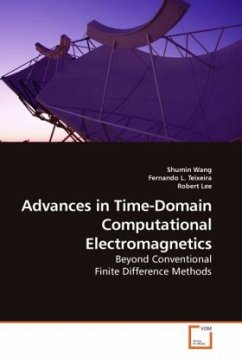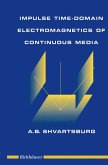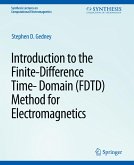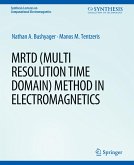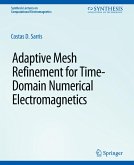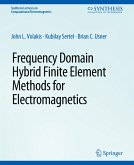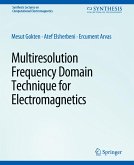The finite-difference time-domain (FDTD) and finite-element time-domain (FETD) algorithms are popular for the simulation of electromagnetic fields. This popularity is due partially to their unparalleled computational efficiency and versatility. This book describes several approaches to improve their accuracy for large-scale problems and their efficiency for problems with disparate size geometries. Two novel schemes are proposed to reduce the grid dispersion error in FDTD. The first one is based on the minimization of the dispersion error for arbitrary propagation angles, while the second one is based on the minimization of the maximum dispersion error for all angles and for a particular frequency band of operation. A consistent approach for the hybridization of FETD and FDTD employing unstructured/structured hybrid meshes is described. Composite mesh elements and implicit time-domain updates for the FDTD method are developed to facilitate mesh generation and improve the computational efficiency of the resulting hybrid FDTD/FETD method. This book should be of interest to researchers and practitioners interested in applying FDTD and FETD to large-scale and challenging problems.

